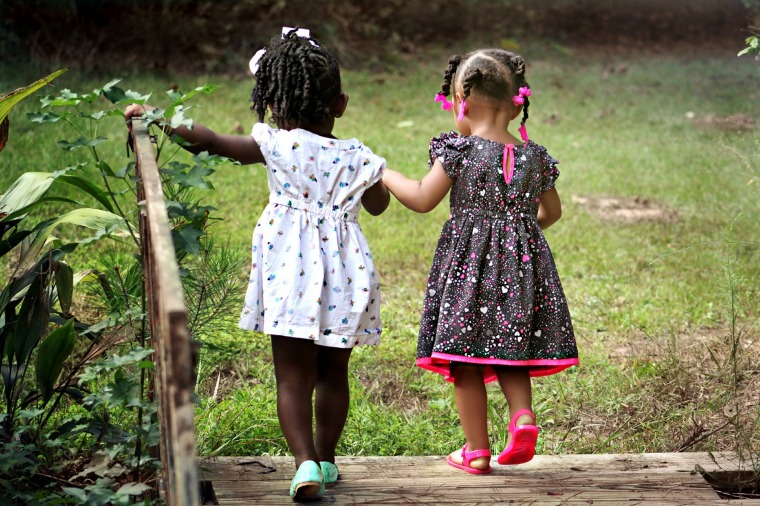Robynn continues the series on suffering today with a look at kindness.
 I’m wondering if suffering gives us a taste for kindness? In suffering you are stripped bare of all your own resources. There’s a desperation of spirit that settles in, a profound loneliness, a longing for empathetic companionship, a desire for kindness. In some ways we fail to recognize true kindness until we’ve tasted sorrow and despair. Kindness, like generosity and joy, are taken for granted until we’ve known heart-aching suffering.
I’m wondering if suffering gives us a taste for kindness? In suffering you are stripped bare of all your own resources. There’s a desperation of spirit that settles in, a profound loneliness, a longing for empathetic companionship, a desire for kindness. In some ways we fail to recognize true kindness until we’ve tasted sorrow and despair. Kindness, like generosity and joy, are taken for granted until we’ve known heart-aching suffering.
A faraway friend, who has tracked this series on suffering, sent me this poem a few weeks ago. It has been simmering in my soul ever since. The poet, Naomi Shihab Nye, is certainly a woman who has lived between worlds. Raised by a Palestinian father and an American mother, she spent parts of her life here in the US and parts of her life in the Arab world. She understands the complexities of living with a scattered soul and her writing reflects that.
Nye once said, “I have always loved the gaps, the spaces between things, as much as the things. I love staring, pondering, mulling, puttering. I love the times when someone or something is late—there’s that rich possibility of noticing more, in the meantime…”
She has seen up close, “how desolate the landscape can be.” Nye knows suffering and sorrow. She knows the agonies of loving two places at once –and the horrors of knowing those two places misunderstand one another. After the Twin Towers attack in New York City in 2001, Naomi Nye contributed some of her most meaningful work in an effort to bridge the divide between Americans and Arabs.
Today I give you her poem, Kindness. Originally written in 1995, it resurfaced with powerful meaning after 9/11. Violence in the world opens our communal longings to questions we might not have asked before. We find ourselves begging for meaning. Personal suffering does the same thing, on a smaller scale, perhaps, for the universe, but in a much more demanding way for the individual soul.
Kindness
Before you know what kindness really is
you must lose things,
feel the future dissolve in a moment
like salt in a weakened broth.
What you held in your hand,
what you counted and carefully saved,
all this must go so you know
how desolate the landscape can be
between the regions of kindness.
How you ride and ride
thinking the bus will never stop,
the passengers eating maize and chicken
will stare out the window forever.
Before you learn the tender gravity of kindness,
you must travel where the Indian in a white poncho
lies dead by the side of the road.
You must see how this could be you,
how he too was someone
who journeyed through the night with plans
and the simple breath that kept him alive.
Before you know kindness as the deepest thing inside,
you must know sorrow as the other deepest thing.
You must wake up with sorrow.
You must speak to it till your voice
catches the thread of all sorrows
and you see the size of the cloth.
Then it is only kindness that makes sense anymore,
only kindness that ties your shoes
and sends you out into the day to mail letters and purchase bread,
only kindness that raises its head
from the crowd of the world to say
it is I you have been looking for,
and then goes with you everywhere
like a shadow or a friend.
~ Naomi Shihab Nye
http://pixabay.com/en/girls-children-kids-friends-young-462072/
Read more about Naomi Shihab Nye here: http://www.poetryfoundation.org/bio/naomi-shihab-nye

